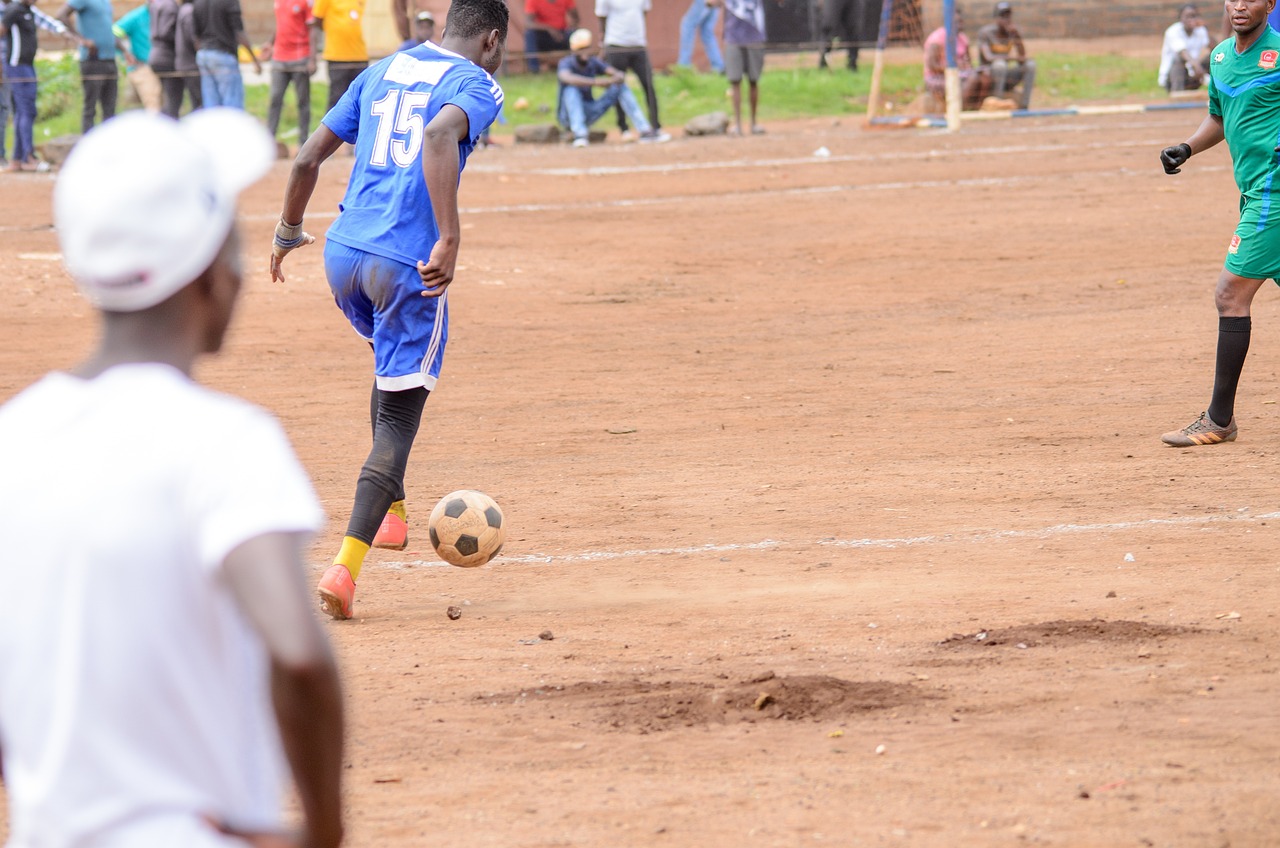Tips for Avoiding Overtraining and Burnout in Your Workouts: Gold bet 7 sign up, Radheexchange, 11xplay
gold bet 7 sign up, radheexchange, 11xplay: Are you someone who is passionate about fitness and loves to push yourself to the limit during workouts? While staying dedicated to your fitness goals is commendable, overtraining and burnout can actually hinder your progress and leave you feeling exhausted both mentally and physically. It’s important to find a balance between challenging yourself and allowing your body to recover. Here are some tips to help you avoid overtraining and burnout in your workouts:
Listen to your body
One of the most important things you can do to prevent overtraining is to listen to your body. Pay attention to how you feel during and after workouts. If you are feeling overly fatigued, experiencing persistent soreness, or noticing a decrease in performance, it may be a sign that you need to dial back the intensity or take a rest day. It’s essential to give your body the time it needs to recover properly.
Mix up your routine
Repeating the same workouts day after day can lead to overuse injuries and mental burnout. To keep things fresh and prevent overtraining, mix up your routine regularly. Try incorporating different types of workouts such as strength training, cardio, yoga, or Pilates. This not only helps prevent overtraining but also keeps your workouts exciting and engaging.
Prioritize rest and recovery
Just as important as pushing yourself in your workouts is prioritizing rest and recovery. Make sure to incorporate rest days into your routine to allow your body to recover and repair. Get an adequate amount of sleep each night, as sleep is crucial for muscle recovery and overall performance. Additionally, consider incorporating recovery techniques such as foam rolling, stretching, or even scheduling a massage to help prevent overtraining and burnout.
Fuel your body properly
Nutrition plays a significant role in preventing overtraining and burnout. Make sure you are fueling your body with the right nutrients to support your workouts and recovery. Focus on consuming a balanced diet rich in lean proteins, complex carbohydrates, and healthy fats. Stay hydrated before, during, and after workouts to ensure optimal performance and recovery.
Set realistic goals
While it’s essential to challenge yourself, setting unrealistic goals can lead to overtraining and burnout. Establish realistic and achievable goals that align with your fitness level and timeline. Celebrate your progress along the way and be willing to adjust your goals as needed. Remember that fitness is a journey, and it’s essential to enjoy the process and listen to your body every step of the way.
Take time to relax and de-stress
In addition to physical rest and recovery, it’s crucial to take time to relax and de-stress mentally. High levels of stress can contribute to overtraining and burnout, so it’s essential to find activities that help you unwind and recharge. Whether it’s meditation, deep breathing exercises, spending time in nature, or indulging in a hobby, make sure to prioritize self-care to prevent burnout.
By following these tips and being mindful of your body’s signals, you can avoid overtraining and burnout in your workouts. Remember that consistency, balance, and self-care are key to achieving your fitness goals while maintaining your overall well-being.
—
**FAQs**
1. How do I know if I’m overtraining?
If you are experiencing persistent fatigue, soreness, decreased performance, or mood changes, you may be overtraining. Listen to your body and give yourself the rest you need.
2. How many rest days should I incorporate into my routine?
The number of rest days needed varies for each individual. It’s essential to listen to your body and adjust your rest days accordingly. Typically, aim for at least one to two rest days per week.
3. Can overtraining lead to injuries?
Yes, overtraining can lead to overuse injuries such as tendonitis, stress fractures, and muscle strains. It’s crucial to find a balance between pushing yourself and allowing your body to recover.







